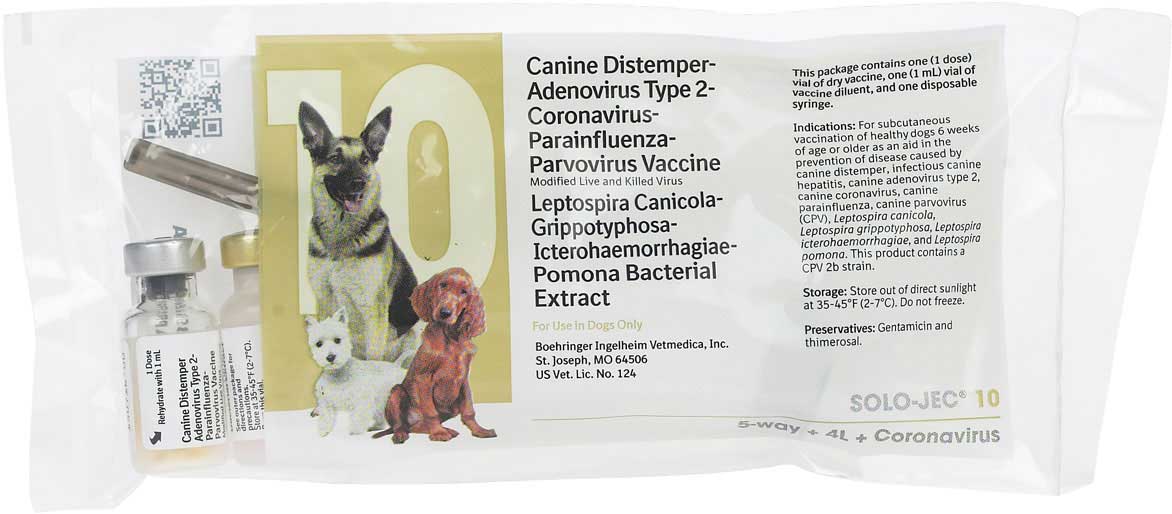How To Give Canine Coronavirus Vaccine
CRCoV is not related to the canine enteric coronavirus; therefore, vaccines for canine enteric coronavirus are NOT effective. Studies have shown that CRCoV infection generates antibodies that reduce the risk for re-infection or at least reduce the clinical disease if infection occurs. The duration of infection-induced immunity is unknown. Of the many vaccines available for dogs today, the canine coronavirus vaccine is considered by many to be one of the least important. According to a complaint filed in 2002 in the state of Texas, dogs over the age of 8 weeks old are not susceptible to diseases related to canine coronavirus. This therefore absolves the need for this vaccination at all. Canine Coronavirus Infection in Dogs. A canine coronavirus infection (CCV) is a highly contagious intestinal disease that can be found in dogs all around the world. This particular virus is specific to dogs, both wild and domestic.
The coronavirus replicates itself inside the small intestine and is limited to the upper two-thirds of the small intestine and local lymph nodes. A CCV infection is generally considered to be a relatively mild disease with sporadic symptoms, or none at all. If it did, most dogs would not need this vaccine except when the pet was at high risk for exposure and illness from the kennel cough complex. Unlike canine respiratory coronavirus, a vaccine exists against canine enteric coronavirus (CCV), but it does not cross-protect against the respiratory strain. Symptoms of Coronavirus. Symptoms of coronavirus are similar to parvovirus and include nausea, vomiting, lack of appetite and diarrhea. The diarrhea is often yellow in color and can include blood or mucus. Diarrhea is often accompanied by a foul odor. With prolonged diarrhea and vomiting, dehydration becomes a concern. Get your dog a vaccine. There is an effective vaccine against canine coronavirus.
Because infection is not usually life-threatening, your vet may not consider coronavirus vaccination to be a core or essential vaccination. The need will be assessed on an individual basis. The vaccine is usually given on a risk assessment basis. Lyme Disease Vaccination. The Lyme disease vaccination is usually only given to dogs in areas where Lyme disease is a concern. It is given as early as eight weeks old and a second dose is given two to four weeks later. A booster shot is given one year following the second dose and then annually. Crowding and unsanitary conditions lead to coronavirus transmission. The incubation period from ingestion to clinical signs is one to four days. The duration of illness is two to ten days in most dogs. Secondary infections by bacteria, parasites, and other viruses may develop and prolong illness and recovery. Canine coronavirus infection is highly contagious among dogs, with common symptoms such as fever, vomiting, and loss of appetite.
In most cases, the virus runs its course and then the patient is fine. A vaccine against canine coronavirus is available, but it’s not part of the routinely recommended vaccines for most dogs. The AAHA Canine Vaccination Guidelines Task Force. The Task Force includes individuals with extensive experience in primary care practice, academia, shelter medicine, public health, and veterinary law related to clinical practice. While there is often consensus on which canine vaccines fall into core and noncore categories and when they
